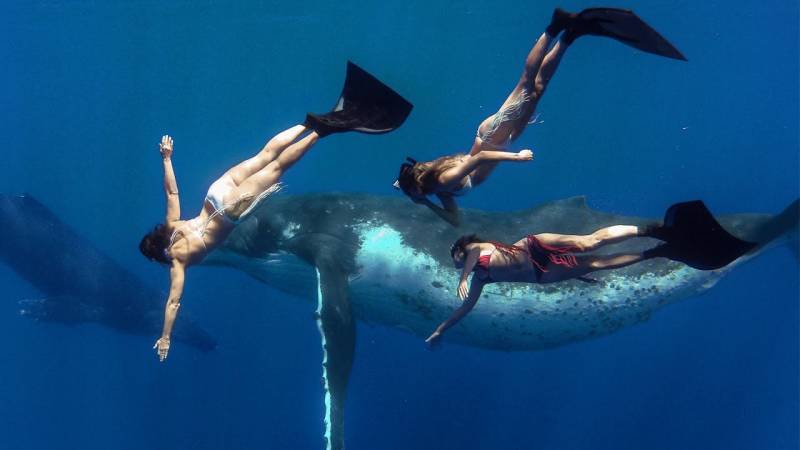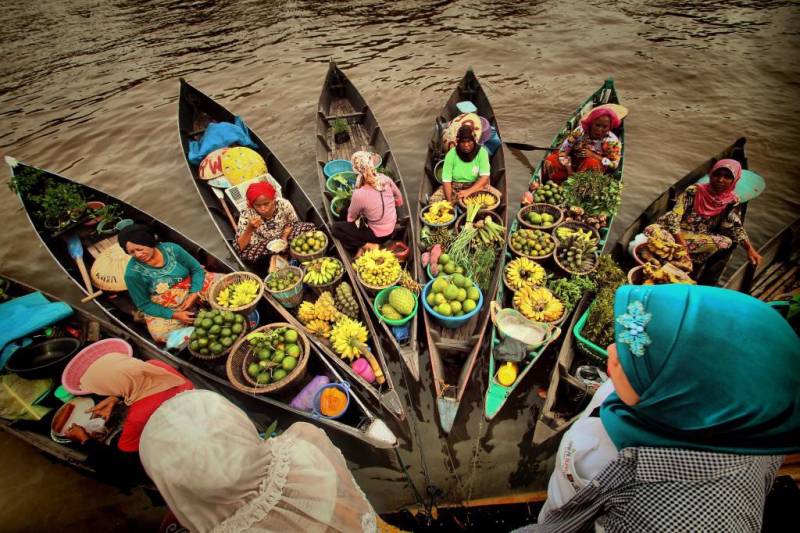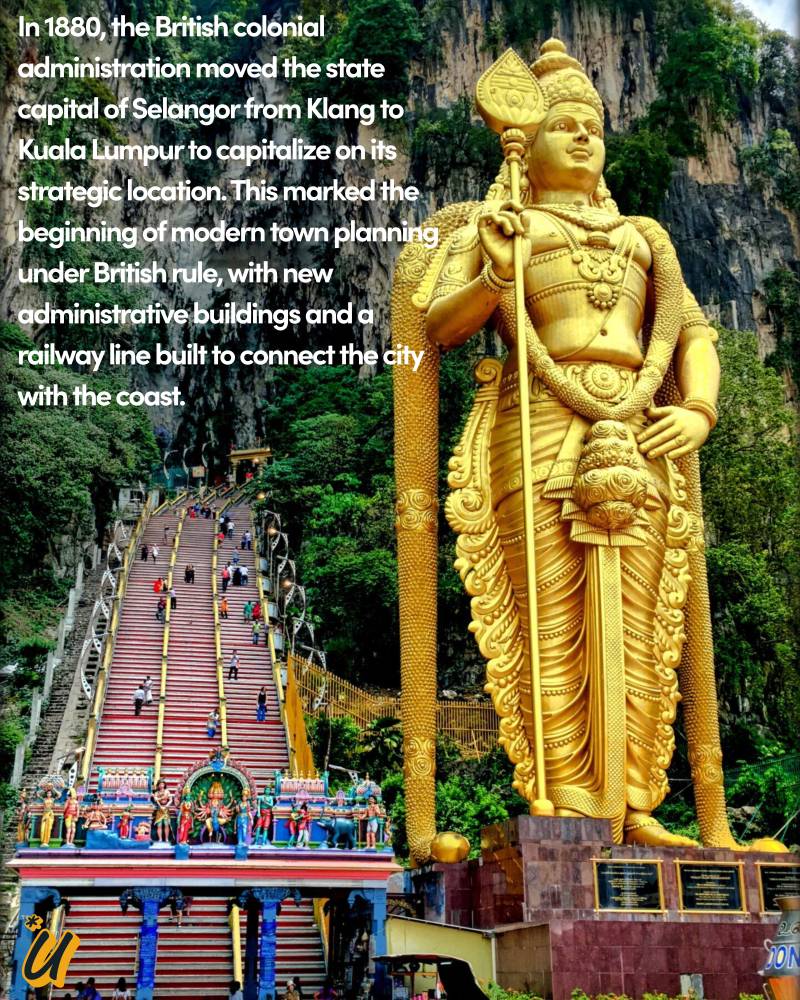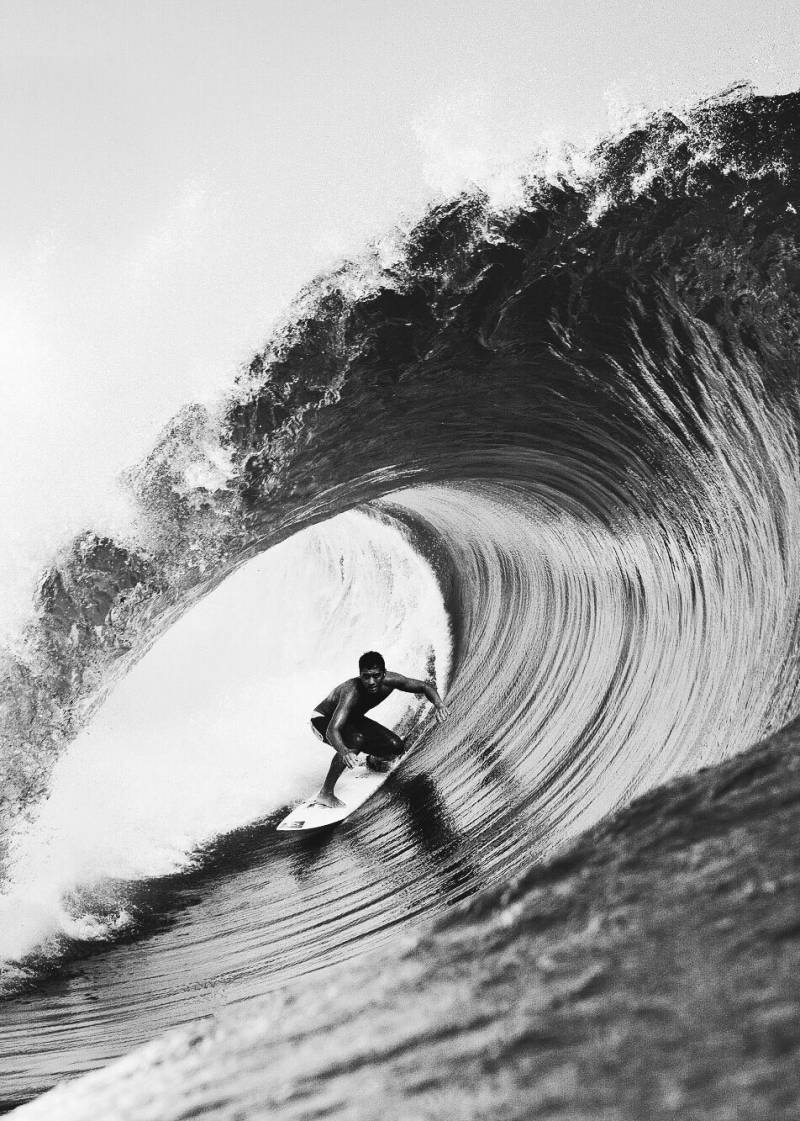In a move that has stirred both headlines and heartache, the United Arab Emirates has once again adjusted its visa policy, tightening the entry path for Nigerians, particularly young, solo travelers. While headlines scream “ban” or “restriction,” the real story goes deeper than immigration forms and passport stamps. It’s a story about identity, ambition, and the price of perception in a world where where you're from often overshadows who you are.
For many young Nigerians, the UAE—especially Dubai—wasn’t just a travel destination. It was a dreamscape. A symbol of success. A place where content creators posed against gold-coated skyscrapers, tech founders networked at futuristic conferences, and newlyweds documented honeymoons drenched in desert sunsets. It was the ultimate statement of upward mobility. But that dream is fading, reshaped by policies that question the intent behind a passport, and in doing so, cast a shadow over an entire demographic.

Read Also: Uphorial Sweatshirt

The latest visa restrictions target a specific profile: young Nigerians, especially those traveling alone and without strong financial documentation or confirmed hotel stays. While the official reason is often cloaked in vague terms like “security” or “irregular migration,” what’s unspoken is louder—the quiet suspicion that every Nigerian traveler is a potential overstayer, scammer, or burden. That generalization wounds deeper than any policy. Because it ignores the nuance, the humanity, and the legitimate dreams of thousands of young professionals, students, and explorers who simply want to see more of the world. People like Fola, a 28-year-old software engineer from Lagos who were denied entry despite having a valid job offer and visa documentation. Or Zainab, a fashion stylist whose Instagram-perfect itinerary was derailed at the airport without a clear explanation. Their crime? The wrong nationality, at the wrong time, with the wrong assumptions tied to it.
And it’s not just about the UAE. What we’re seeing is a global pattern, where young Nigerians must fight for access to the world in ways their peers in other countries don’t. Embassies are asking for outlandish bank statements. Visas denied without cause. Scrutiny at airports that borders on humiliation. Travel, once considered a form of education and exposure, now feels like an obstacle course riddled with distrust. But this story isn’t just about being locked out of Dubai. It’s about how borders, real and imagined, are shaping the way a generation sees itself. These restrictions echo a wider sentiment of feeling unwanted, unseen, and misjudged. And yet, despite these walls, young Nigerians continue to push forward with resilience. They pivot. They reroute. They find alternative destinations. They build lives in Ghana, in Rwanda, in Canada, in the digital spaces that geography can’t control.
Still, there’s grief in the erasure. Because the UAE wasn’t just a tourist hotspot—it was a space where many felt visible and celebrated. Its current stance, whether intentional or not, sends a clear message: that your narrative is defined not by who you are, but by what others assume of you.
So, where do we go from here?
Perhaps, this moment is a reckoning. An invitation for introspection—not just for the UAE, but for global immigration systems that trade in generalizations. It’s a moment for Nigeria to reflect too: on how it presents its youth to the world, and what kind of support systems exist for those navigating hostile entry points abroad. But most of all, it’s a moment to remember that behind every policy is a person. A dream deferred. A heartbroken. A ticket wasted. And even when passports are denied, dignity should never be. Because Nigerians are not their stereotypes. They are poets and programmers, dancers and doctors, builders and believers. And if the doors to one city close, they’ll build new skylines elsewhere—because that’s what they’ve always done.



